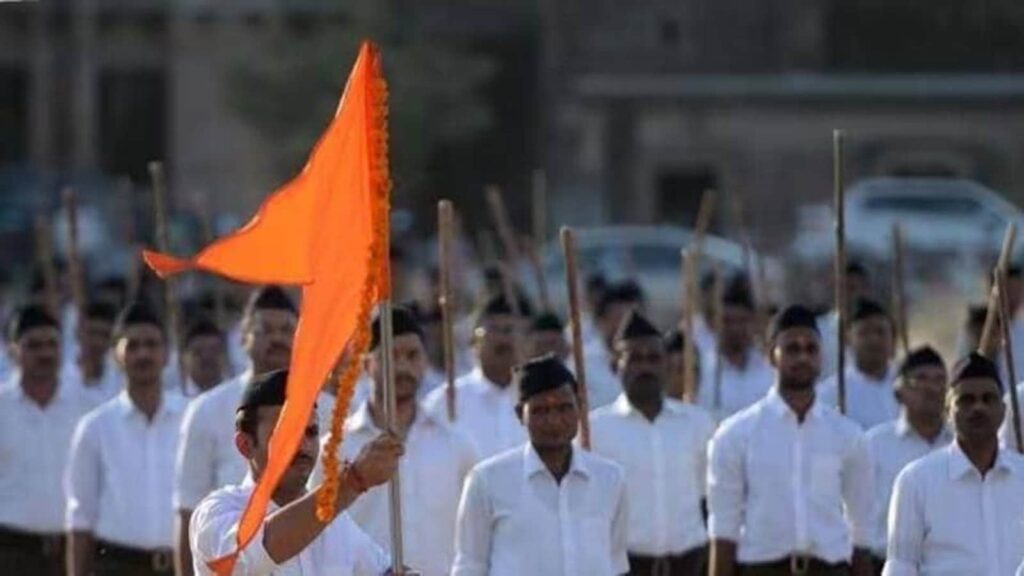Senior RSS leader Shridhar Ghadge’s remarks opposing a nationwide caste census point to the tricky terrain that parties have to traverse while engaging with the topic. The RSS should know that caste-based reservations are a sensitive issue: Mohan Bhagwat’s remarks on reservations caused heartburn ahead of the 2015 assembly polls in Bihar. Not surprisingly, the BJP has been cautious in its response to the caste census, a big idea of the Opposition for the 2024 general elections. PM Narendra Modi has held that the poor, youth, women and farmers are the biggest castes while Amit Shah, without rejecting the demand for a caste census, has said a decision can be taken only after “careful thought”. The RSS believes that caste divides Hindus and hence, makes it a decisive factor in public policy formulation, and militates against its idea of a cohesive Hindu society. The Sangh recognises caste inequalities and opposes them but it is ambiguous towards caste as a social institution. The Sangh’s reluctance to openly reject what is part of the Indian social tradition has influenced the outfit to negotiate caste by seeking to invisibilise it as a social marker while campaigning against untouchability and such outcomes. But a caste census makes the case to confront caste as a political category and seek solutions such as representation in legislative bodies. The BJP negotiates such issues smartly in their praxis — in seat allotments and representation in leadership roles — but faces an ideological block in calling for the annihilation of caste.
The demand for a caste census has exposed the contradiction between the needs of electoral politics and the ideological project of Hindu unity. The RSS is focussed on the latter and is under no compulsion to tailor its views to the former, although late on Thursday, it clarified that it was not against such a survey and wanted it to be used for overall developments of society. That, however, can pose a problem for the BJP.

